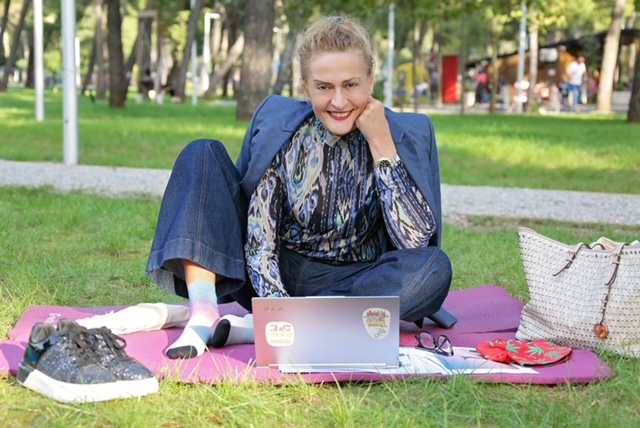
On Sunday morning while I was thinking about what to put as a title of this post, Facebook reminded me of last October – this quote and my visit to Konya, the town where Rumi spent most of his life and where he was buried. This is a real example of synchronicity.
Have you ever heard of Abilene paradox?
It is an idea introduced by management expert Jerry B. Harvey.
The story goes like this:
One hot summer afternoon a family is playing dominoes on the porch, when the father-in-law proposes a trip to Abilene for dinner, 53 miles away.
All agree, even though none of them think the idea is good. They agree because they think everyone else wants to go, and don’t want to upset the group.
It is hot, the ride to Abilene is long and the food is awful. Hours later, they return home, exhausted.
Someone says, “It was a great trip, wasn’t it?” but the mother-in-law says that she would rather have stayed at home. All the others agree. They look at each other, and realise no one really wanted to go.
Situations like this are very frequent among family members and friends. However, it is happening in the business environment also.
First of all, it is normal to have various opinions when you are part of a team and leaders are those who should nourish the culture of openness by allowing people to freely express their views.
Every team is composed of individuals with different characters, ideas and beliefs. Employees who speak openly with the intention of finding a solution can contribute to team and company growth significantly.
So, why isn’t this the case in most companies?
Unfortunately, despite the good intention of team members when sharing their opinion about finding the solution, some leaders don’t want to take it into consideration. Sometimes they take that too personally as if their opinion is the only one that matters.
Because of that, very soon team members stop giving their points of view, become reluctant to get into arguments and in the end, every decision is made unanimously. They start agreeing with the leader and this false consensus leads nowhere.
Of course, there are situations where leader must make fast decisions on behalf of the team, but not all the time.
By accepting different points of view and considering various ideas in finding the solution, everyone wins.
Tips for leaders:
- Respect the differences – you can learn more than you think;
- Surround yourself with people who can give you new insights, not act as soldiers;
- Promote the culture of dialogue.
A few thoughts from our first lady Jelena Vuletić, ACC..











